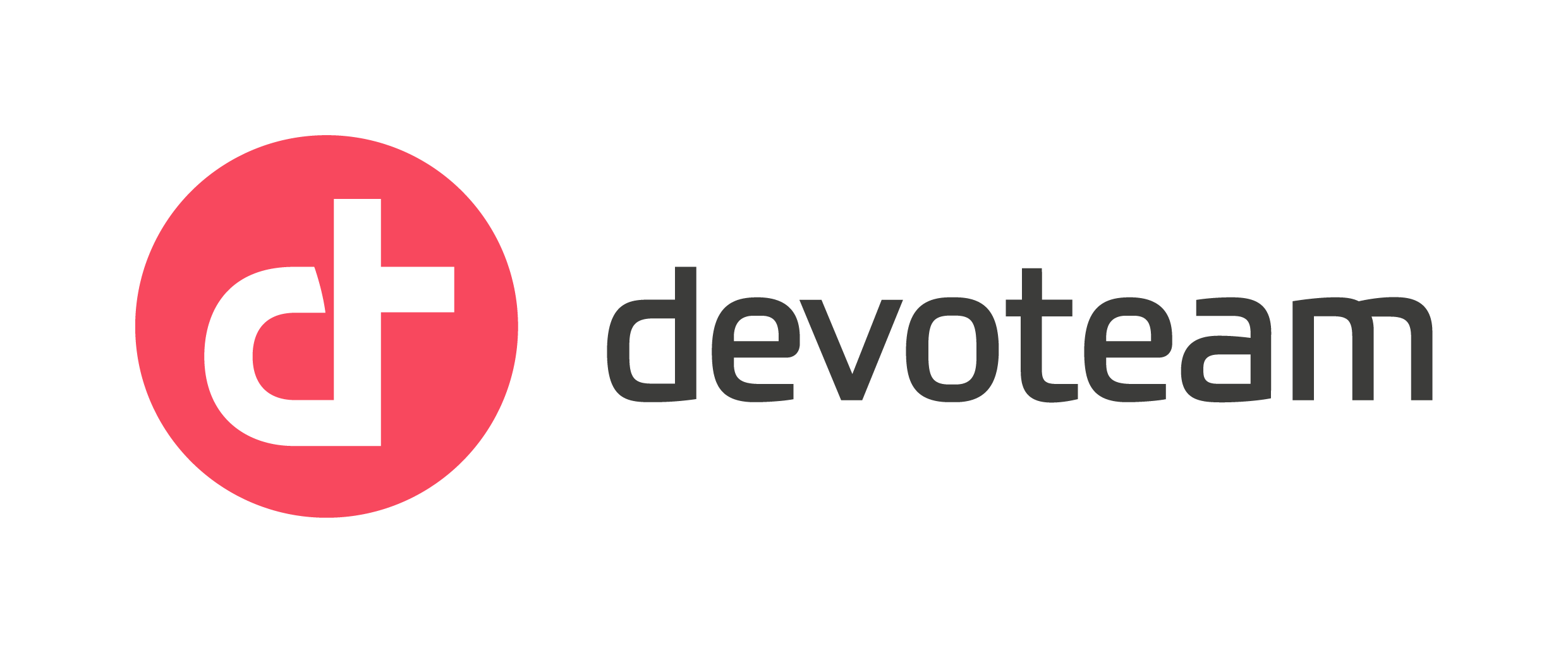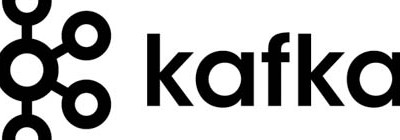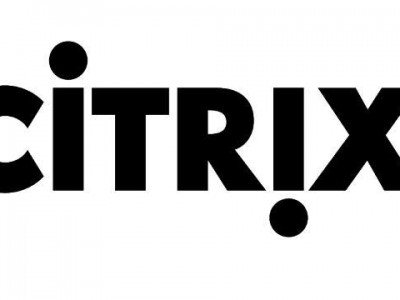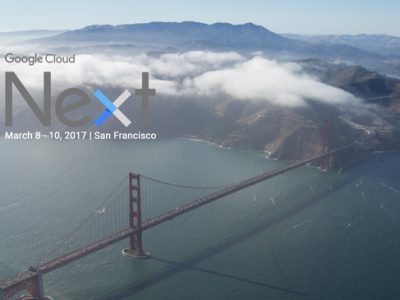TIAD 2016 : Jessica DeVita Interview

TIAD offers the time, the tools & space to understand Automation and all the theory & practice around it. Thanks to inspiring speakers, live demos and interactive workshops, we give you the chance to LIVE the Automation your own way. Dedicated to IT professionals, TIAD is an inclusive event mixing developers & ops engineers, freelances & students, large companies & startups. Today we choose to present you one of these inspiring speakers, Jessica deVita.
 Jessica DeVita is a Technical Evangelist at Chef. Previously on the Evangelism team at Microsoft, she championed the Windows IT Pro community to adopt DevOps practices and introduce them to the power of automation. Ms. DeVita serves on the advisory board of the Mitch Hill Center for Applied Business IT and is the founder of the consulting firm UberGeekGirl, serving music and entertainment firms in Los Angeles.
Jessica DeVita is a Technical Evangelist at Chef. Previously on the Evangelism team at Microsoft, she championed the Windows IT Pro community to adopt DevOps practices and introduce them to the power of automation. Ms. DeVita serves on the advisory board of the Mitch Hill Center for Applied Business IT and is the founder of the consulting firm UberGeekGirl, serving music and entertainment firms in Los Angeles.
Why did you choose to join TIAD ?
I was immediately excited about the TIAD program, and I knew I wanted to participate in this event. Automation, and de-automation are now unavoidable topics in IT, so I wanted to share my experience and meet the community, to see how I could contribute to the subject.
In what way is the subject of de-automation important ?
We are in a global automation process, where everything is automated. Automating everything is a noble goal, and that is what we must do, however, I think we lost something on the way, the relationship with our families and ourselves. Sometimes, you have to take a step back from automation, and consider broader objectives. As technologists, what do we do? What do we want to actually accomplish ?
What will be the topic of your talk during TIAD ?
I wish to discuss the potential of the role of Kaizen in DevOps. Facing the radical changes currently taking place in IT, each of us can progress on the path of change through Kaizen, with simple actions which do not take more than a minute in the day.
What is the impact of current developments on the IT DevOps ?
For a long time, infrastructure was the driver. How to provision machines had to come before the application. The move to the cloud has sped up this in part, however, the focus remains on the infrastructure. Today we need to focus on applications. We have the tools to ensure that applications become the driver, but it involves a change in the relationship between Dev and Ops.
With automation and cloud, is the role of Ops reduced ? What about « No Ops » ?
« No ops » is a concept loaded with negative connotations. We are talking about ensuring that applications become the driver, but to achieve this we must redefine the role and function of Ops. Whatever the term is (‘no ops’), we can see the positive or negative way, but we will always need Ops. Even with the advances in tooling, such as Habitat from Chef, Ops skills are always needed, but they must be adaptable to new uses of Cloud.





